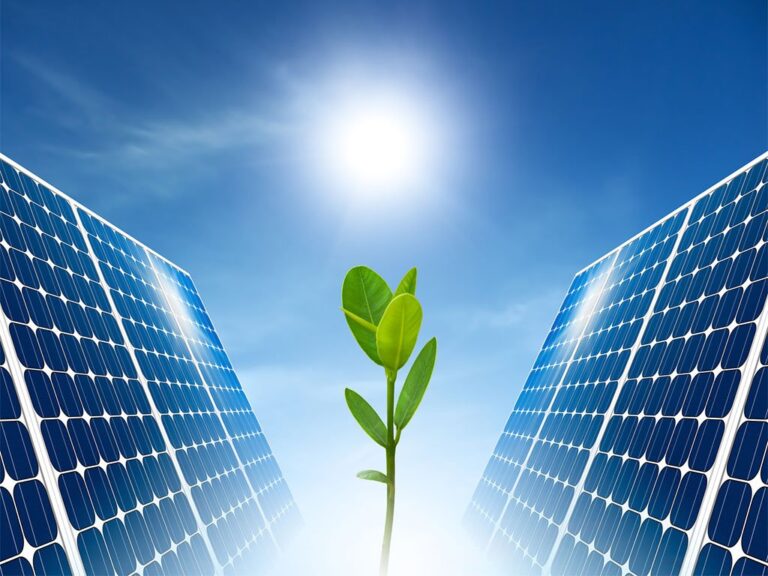Bangladesh is moving steadily towards establishing various renewable sources of energy to cut down its dependability on the expensive sources for electricity generation.
But, rooftop solar has struggled to gain traction in Bangladesh, a new report from the Institute for Energy Economics and Financial Analysis (IEEFA) finds. However, a renewed focus and adding 2,000 megawatts (MW) can help the Bangladesh Power Development Board (BPDB) save up to Bangladeshi Taka (Tk) 110.32 billion (US$1 billion) annually, says the report.
The report highlights that rooftop solar’s economic benefits are more compelling now than ever for Bangladesh, which has suffered energy price spikes, supply disruptions and deteriorating fiscal conditions since Russia invaded Ukraine in 2022.
“Bangladesh must tap the low-hanging fruit of rooftop solar to stave off the energy sector challenges and reduce colossal imports of fossil fuels. The delay in steering the sector in the right direction could result in a missed opportunity,” says the report’s author, Shafiqul Alam, Lead Analyst, Bangladesh Energy, IEEFA.
The report stresses on six key levers to accelerate the widespread deployment of rooftop solar. These are raising awareness, streamlining finance, policy and regulatory intervention, quality assurance, business models for utilities and capacity development of key stakeholders.
“While investors want to quickly assimilate information on interest rates, net metering guidelines and policy changes, there is information asymmetry within the sector. Another key hindrance to the wider adoption of rooftop solar is the lack of capacity of stakeholders in terms of personnel, quality assurance and project appraisal,” says Alam.
Therefore, the Sustainable and Renewable Energy Development Authority (SREDA) should design and conduct targeted capacity development and awareness programmes, as well as exposure visits to successful projects for stakeholders, says the report.
“A credit risk guarantee scheme can minimise the perceived risks of financial institutions and increase fund flows to projects. Similarly, a first-loss guarantee can address engineering, procurement and construction (EPC) companies’ challenges linked to repayment from industries and building owners (offtakers),”as per the report.
While Bangladesh Bank’s green refinancing scheme is the least-cost financing vehicle, all eligible rooftop solar projects will not receive the refinance due to its limited funds of Tk4 billion (US$36.4 million) and the competition with 69 other environment-friendly projects. Therefore, Bangladesh Bank may pre-approve financing for rooftop solar based on an assessment at the initial stage to eliminate any uncertainty about availing of the low-cost scheme,” says Alam.

